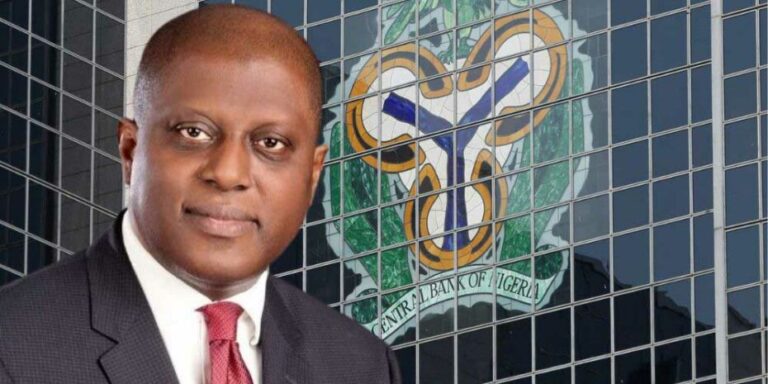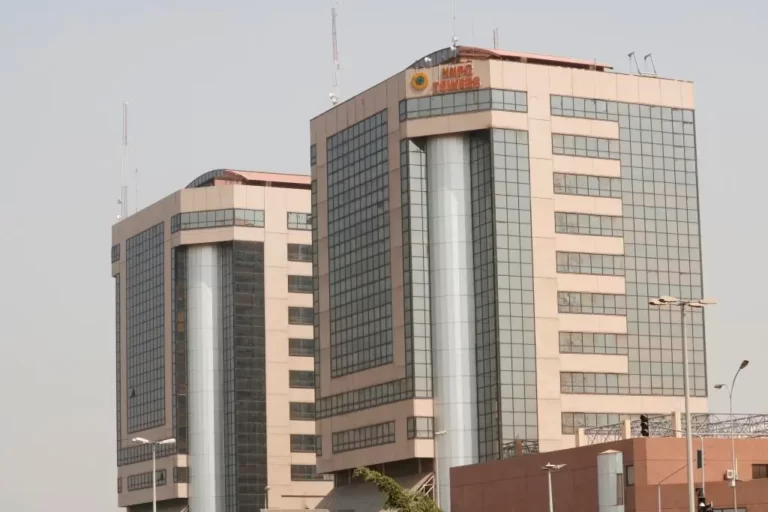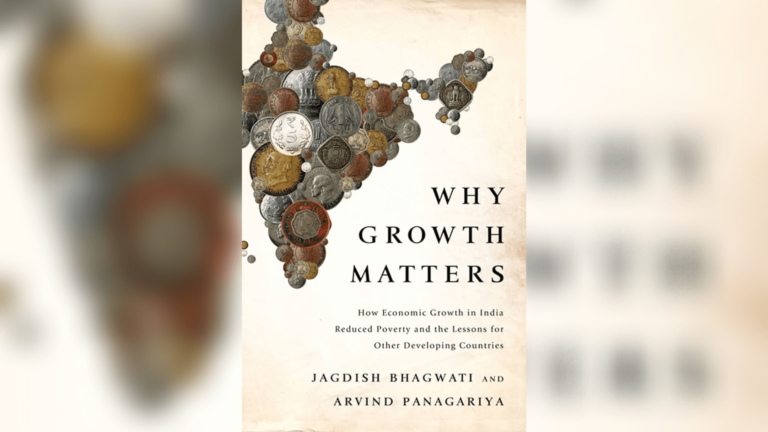Zambia Finance Minister Situmbeko Musokotwane said at the 2023 World Bank and International Monetary Fund (IMF) annual meeting held in Marrakech that it is “embarrassing” that the country has found itself again under debt distress so soon after the debt relief of the 2000s. The Minister spoke during a panel session “reform priorities for tackling debt”. The South-Central African country minister, with a population size of about 20 million spoke amidst the announcement that Lusaka has just signed a Memorandum of understanding (MOU) on debt restructuring.
As part of the reforms in Zambia to mitigate debt distress in the future, Musokotwane says the Zambian government has embarked on three important reforms. First, the government has removed fuel subsidies and channeled the resources from subsidies to education and the building of necessary human capital. Second, they have cut down on government expenditure on infrastructure but rather facilitated private-public partnership (PPP) initiatives for which the government has signed off 800 kilometers of roads for private development. Third, the government has decentralised decisions on resource expenditure to the lowest level possible, promoting effective resource distribution and meeting local needs. The minister also said the government is improving measures for private sector participation in the economy to promote higher economic growth and create jobs for the youths in the country. So far, they have attracted US $3 billion into the mining sector this year.
Also on the panel, the President of the World Bank Ajay Banga spoke about three important dynamics that have led to debt distress in many low- and middle-income countries. The three dynamics he alluded to are rising interest changes in the last few years that have tripled the costs of borrowing in some cases, the misalignment of government revenue and expenditure in relation to the borrowings, and the tenure of some of these debts. Indeed, Banga suggested that the Bank, under his leadership will look at possibilities of longer tenure for debts of between 30 – 40 years that support development.
On debt distress, the Managing Director of the IMF Kristalina Georgieva says, “We should be concerned because, over the last year, government, businesses, and households have had to borrow to sustain their functions. It is most severe in low-income countries.” It is the reason why we now have 20% of global economies in debt distress. Not only that interest rates have more than doubled, but debt servicing costs are also high, and international support has stagnated, she argued.
In the thick of the COVID–19 pandemic in 2002, Zambia was the first African country to default on its debt repayment. The restructuring deal means Zambia will have a new repayment term on its US $6.3 billion debt, about 60% of it owed to China. This may include an extended tenure of about 20 years and a 3-year moratorium. For proponents of debt relief for Africa, the Zambian deal is seen as a precursor for similar deals on the continent. Last year, more than half of low-income countries in Sub-Saharan Africa were judged by the IMF to be at high risk or debt distressed.












